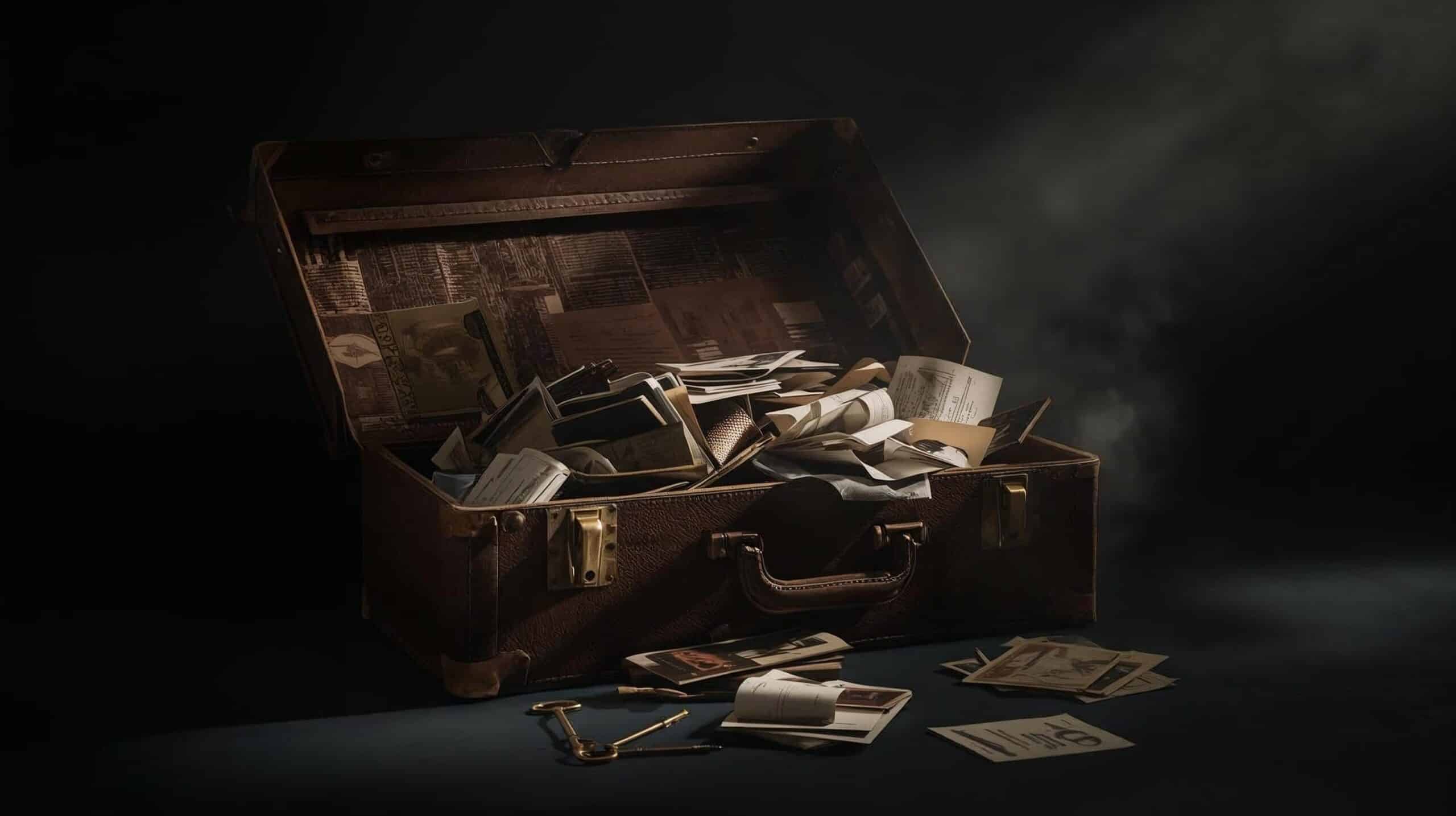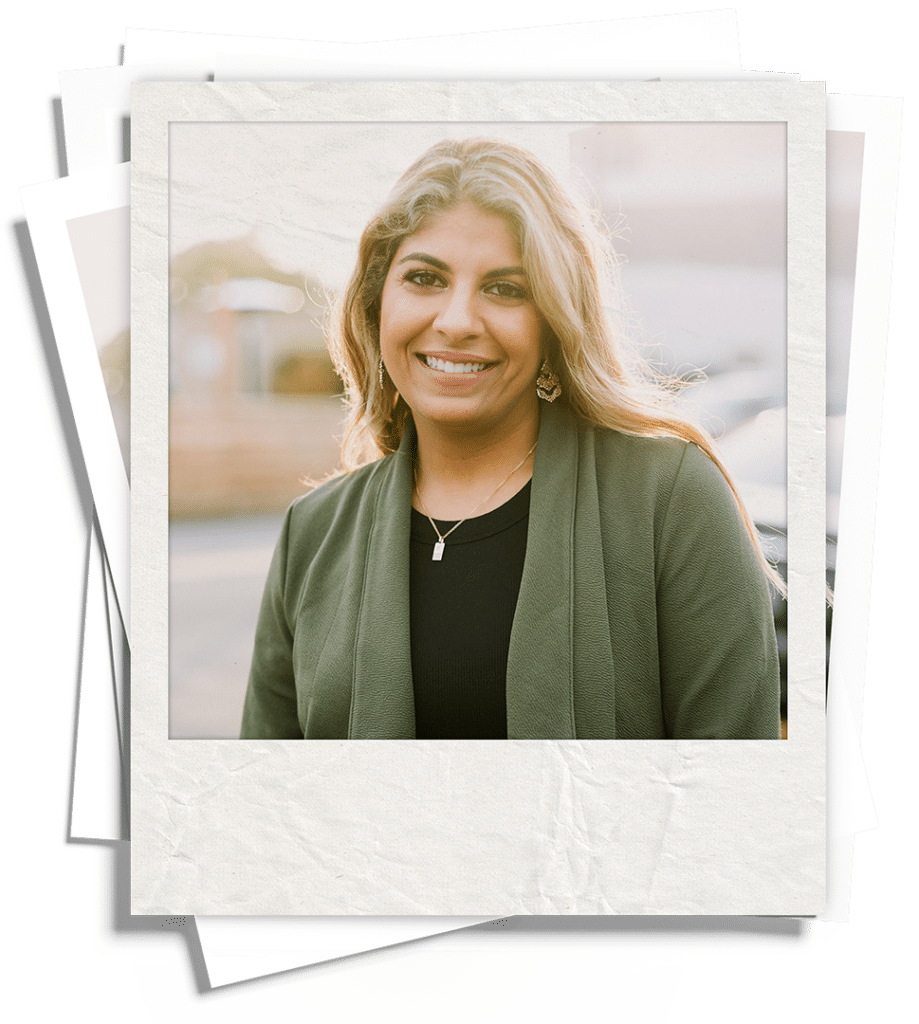When I was a kid, I collected weird things. First were stickers. Any type of stickers. Holographic. Fuzzy. Big. Small. I would trade them with friends at school. I would lay them out on my bed and look at them and think about the ones I wanted. I also collected Beanie Babies and Troll Dolls. The collections weren’t extensive, but I would ask for them at birthdays and holidays. If I didn’t get them, fine. If I did, great!
What did you collect? Maybe it was coins, stamps, baseball cards. Maybe you still collect these things and now have the means to collect vintage cars, handbags, shoes, watches. Whatever it is, these are conscious items you are choosing to collect, just like I consciously chose to collect stickers as a kid.
But what about the unconscious items we are collecting?
The Invisible Collections We Carry
Here’s what no one tells us about adulthood: we never stop collecting. We just get worse at recognizing what we’re gathering. Instead of tangible objects we can display on shelves or trade with friends, we collect invisible weight. Other people’s emotions. Their expectations. Their “shoulds.” And unlike my childhood sticker collection, these items don’t bring joy. They bring burden.
Collecting Other People’s Emotions
When I was younger, I was overly empathetic. I still am, but I can critically think about empathy differently than when I was a kid. I would see unhoused individuals and my heart would sink. I would feel what it was like to be them, to not have a home, to live on the street, to not have enough to eat. I would spiral and I could feel it in my whole body. The older I’ve gotten, I still feel this way, but now I have the ability to do something about it – to help. The feelings are still there; I’ve just been able to harness them into action.
But here’s the distinction: there’s a difference between empathy that moves you toward action and emotional collecting that paralyzes you. One serves others and yourself. The other serves no one.
Perhaps the biggest place we unconsciously collect other people’s emotions is when we make decisions. Let’s say you were invited to a party that you didn’t really want to go to. It’s been a long week. You’re tired. Plus, you honestly just don’t like some of the people at the party. However, you do love the host. Do you go?
One way you decide is by thinking about the host, a close friend of yours. How will they feel if you don’t show up? Will they be mad at you? Upset that you didn’t even make an appearance? Will they think you don’t care? In this instance, you’re collecting their feelings and emotions and putting them on yourself. The truth is, you have no idea how they are going to feel or react. The only thing you know for sure is that you don’t want to go to the party.
The “Shoulds” That Weigh Us Down
Then there are the “shoulds.” Oh, the shoulds. These might be the heaviest items in our collection.
“I should call my mother more often.” “I should be further along in my career by now.” “I should want to get married and have kids.” “I should be able to handle this without help.” “I should be more productive.” “I should exercise every day.”
Where do these shoulds come from? Rarely from our own authentic desires. Instead, they’re handed to us by society, family, social media, that one friend who seems to have it all together, the influencer we follow who makes everything look effortless. We accept these shoulds without question, adding them to our collection like I once added stickers to my album. Except these don’t sparkle. They suffocate.
The deceptive thing about collecting shoulds is that they masquerade as self-improvement. We think we’re being responsible, ambitious, or conscientious. But scratch beneath the surface and you’ll often find someone else’s definition of success, happiness, or worthiness.
Collecting Expectations
Then there are expectations – those silent agreements we never actually agreed to. Your parents expect you to visit every holiday. Your boss expects you to respond to emails after hours. Your partner expects you to read their mind. Your friends expect you to always be available.
We collect these expectations and carry them around like they’re our responsibility. We internalize them, turning other people’s hopes into our own obligations. And when we inevitably fall short (because we’re human, not superhuman), we feel guilty.
But just because someone expects something from you doesn’t mean you owe it to them.
The Weight of This Collection
Unlike my Beanie Baby collection that sat happily on a shelf, the collection of emotions, shoulds, and expectations we carry around has real consequences. It shows up as:
- Anxiety about decisions that should be simple
- Resentment toward people we care about
- Exhaustion that no amount of sleep can fix
- A nagging feeling that you’re never doing enough
- Difficulty knowing what you actually want because you’re so busy managing what everyone else wants
- Decision paralysis, where even small choices feel overwhelming
I’ve watched myself carry these collections for years. There was a period in my life where I struggled to make decisions without first consulting an invisible jury of everyone I knew. What would my parents think? What would my friends say? How would my colleague react? I was so busy managing their imagined responses that I forgot to check in with myself.
The Sorting Process
So, what do we do? How do we become more intentional about what we’re collecting?
First, we need to recognize we’re doing it. Start paying attention to your decision-making process. When you’re struggling with a choice, ask yourself: “Whose voice is in my head right now? Is this what I want, or what I think someone else wants from me?”
Second, practice distinguishing between healthy empathy and emotional collecting. Healthy empathy says, “I understand what you’re going through, and I want to support you.” Emotional collecting says, “I’m going to absorb your feelings and make them my problem to solve.” You can care about someone without carrying them.
Third, get curious about your shoulds. When you catch yourself thinking “I should,” pause. Ask: “According to whom? What would happen if I didn’t? What do I actually want?”
Finally, start setting some boundaries around expectations. You don’t have to announce these boundaries with grand declarations. Sometimes it’s as simple as recognizing that someone else’s disappointment, while uncomfortable, isn’t yours to manage.
The Box We Inherited
But here’s something that took me a while to understand about our collections: we didn’t start them from scratch.
Every parent gives their children a box full of the things they carried. We pass this box onto our children if we choose to have them. Except this box contains our own experiences, treasures, heartbreaks, guilts, pleasures, triumphs, losses, values and biases, duties and sorrows.
We carry this box around with us our entire lives, feeling the weight of it.
Here’s the thing – it is not our job to carry the full box. Our job is to sort through the box, to decide what to keep, and to put the rest down. Our job is to choose what, of the things we inherited from the people that came before us, we want to bring forward, and what of the past we want to leave behind.
Maybe you collect other people’s emotions because your mother did. Maybe you’re drowning in shoulds because your father handed you his. Maybe you carry expectations that were already heavy when they reached your hands, passed down through generations who never questioned them either.
This isn’t about blame. Our parents, and their parents before them, were doing the best they could with the boxes they received. But awareness changes everything. Once you see the box for what it is – an inheritance, not an identity – you can finally start the sorting process.
Curating Your Collection
Here’s what I’m learning: the goal isn’t to stop collecting altogether. Humans are collectors by nature. We gather experiences, relationships, memories, wisdom. The goal is to become intentional about what we allow into our collection.
Just like I was selective about which stickers I wanted to trade for as a kid, we can be selective about which emotions, shoulds, and expectations we’re willing to carry. Not everything that’s offered to us deserves space in our lives. And not everything we inherited deserves to be kept.
So, I’ll ask you again: Are you a collector?
And if so, what are you collecting? Is it serving you, or is it time to do some sorting?
Maybe it’s time to trade some of those heavy, invisible items for something lighter. Something that actually belongs to you. Something that, when you lay it out and look at it, brings you joy instead of burden.
Because unlike my childhood collections that I eventually outgrew and gave away, this collection, the one made of your energy, your peace, your authentic choices, is the only one that truly matters.
Ready to dive deeper into your recalibration journey? Discover more transformative insights on my Medium page and YouTube channel. For ongoing inspiration, catch the latest Disrupting Default podcast episodes on Spotify or Apple Podcasts, or visit the show’s website for additional resources.








